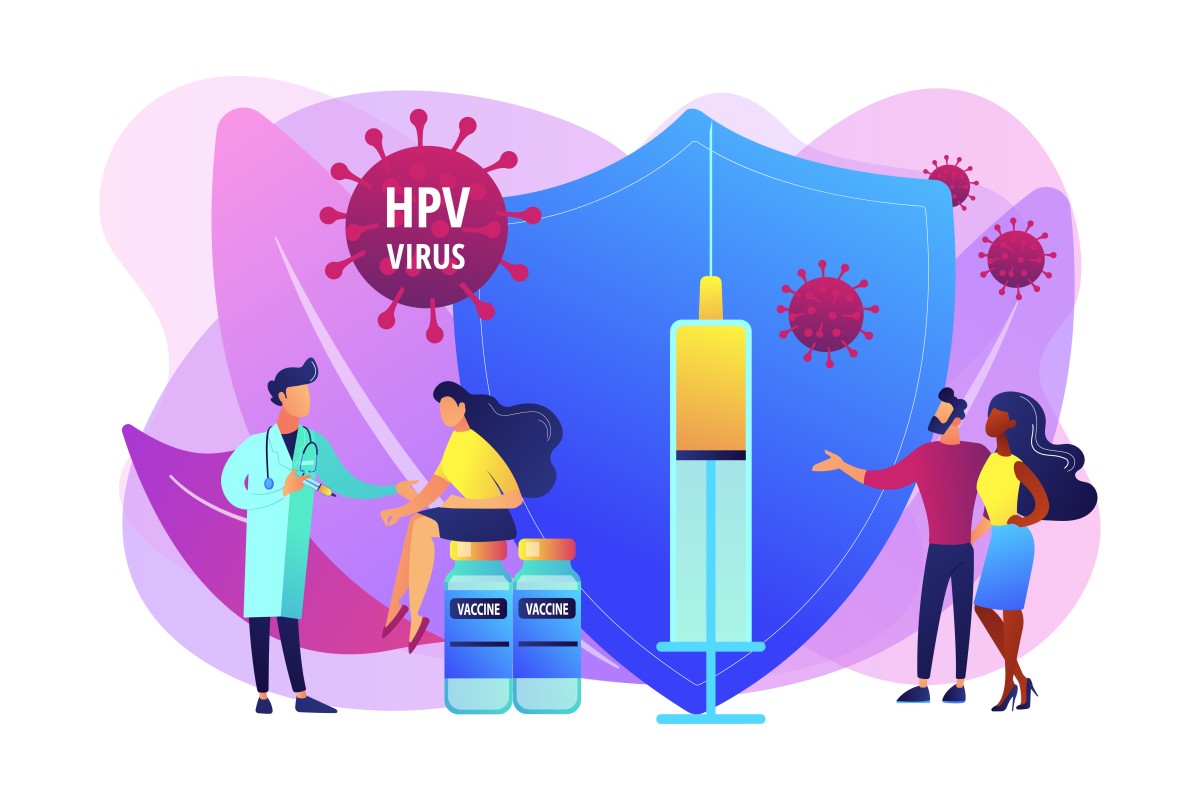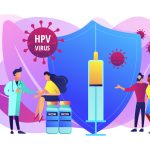
Human papillomavirus (HPV) is one of the most common sexually transmitted infections (STIs) worldwide. While many people associate HPV with genital warts, the virus is also a leading cause of several cancers, including cervical, anal, and throat cancers. The good news is that HPV is preventable through vaccination and regular screenings. If you’re in London and want to learn more about HPV prevention or treatment, visiting a private sexual clinic London or a private doctor London can provide you with the information and care you need. In this blog, we’ll explore the risks of HPV, its link to cancer, and how you can protect yourself.
What is HPV?
HPV is a group of more than 200 related viruses, some of which are sexually transmitted. About 40 types of HPV can infect the genital area, and these are divided into two categories:
- Low-Risk HPV: These types can cause genital warts but are not linked to cancer.
- High-Risk HPV: These types can lead to cancers of the cervix, anus, penis, vagina, vulva, and throat.
HPV is highly contagious and can be transmitted through vaginal, anal, or oral sex, as well as through skin-to-skin contact. Most sexually active people will contract HPV at some point in their lives, but the immune system usually clears the virus within two years.
HPV and Cancer: What’s the Connection?
High-risk HPV types are responsible for nearly all cases of cervical cancer and a significant proportion of other cancers. Here’s how HPV can lead to cancer:
- Cervical Cancer: HPV causes changes in the cells of the cervix, which can develop into cancer over time if not detected and treated early.
- Anal and Penile Cancer: HPV can cause abnormal cell growth in the anus and penis, leading to cancer.
- Oropharyngeal Cancer: HPV is increasingly linked to cancers of the throat, tonsils, and base of the tongue.
If you’re concerned about HPV or its potential health risks, a private GP London or a walk-in clinic Harley Street can provide testing and guidance.
Symptoms of HPV
Most people with HPV don’t experience symptoms, which is why regular screenings are so important. When symptoms do occur, they may include:
- Genital warts (small, flesh-colored bumps or groups of bumps)
- Abnormal Pap smear results (indicating changes in cervical cells)
- In rare cases, symptoms of HPV-related cancers, such as unusual bleeding or lumps
If you notice any of these symptoms, it’s crucial to seek medical advice. Early detection can prevent complications and improve outcomes.
Testing and Diagnosis
Testing for HPV typically involves:
- Pap Smear: A test to detect abnormal cervical cells in women.
- HPV Test: A test to identify high-risk HPV types in cervical cells.
- Visual Inspection: For genital warts, a healthcare provider can often diagnose HPV based on appearance.
Many private sexual health clinic locations in London offer HPV testing as part of routine sexual health screenings. If you’re due for a Pap smear or HPV test, a private sexual clinic London can provide confidential and convenient care.
Preventing HPV
The best way to protect yourself from HPV is through vaccination and safe sexual practices. Here’s how:
- Get Vaccinated: The HPV vaccine is highly effective at preventing infection with high-risk HPV types. It’s recommended for:
- Adolescents aged 11–12 (both boys and girls)
- Young adults up to age 26 who weren’t vaccinated earlier
- Adults aged 27–45, based on individual risk and discussion with a healthcare provider
- Use Condoms: While condoms don’t provide complete protection against HPV (since the virus can infect areas not covered by a condom), they can reduce the risk of transmission.
- Limit Sexual Partners: Reducing the number of sexual partners can lower your risk of exposure to HPV.
- Get Regular Screenings: For women, regular Pap smears and HPV tests are essential for early detection of cervical changes.
The Role of Private Healthcare in HPV Prevention and Management
Private healthcare services, such as those offered by a private sexual health clinic, play a crucial role in HPV prevention and management. These clinics offer several advantages:
- Confidentiality: Private clinics prioritize patient privacy, which can be especially important when dealing with sensitive issues like STIs.
- Convenience: With flexible appointment times and rapid testing, private clinics make it easier to get the care you need without long waits.
- Expertise: Private clinics often have access to the latest diagnostic tools and treatment options, ensuring you receive the best possible care.
Conclusion
HPV is more than just a virus—it’s a leading cause of several cancers. However, with vaccination, regular screenings, and safe sexual practices, you can significantly reduce your risk of HPV and its complications. If you’re in London and need expert care, consider visiting a private sexual clinic London or a walk-in clinic Harley Street. These clinics offer the expertise, convenience, and confidentiality you need to address HPV and other sexual health concerns effectively.
regular screenings, and safe sexual practices, you can significantly reduce your risk of HPV and its complications. If you’re in London and need expert care, consider visiting a private sexual clinic London or a walk-in clinic Harley Street. These clinics offer the expertise, convenience, and confidentiality you need to address HPV and other sexual health concerns effectively.





Leave a Reply